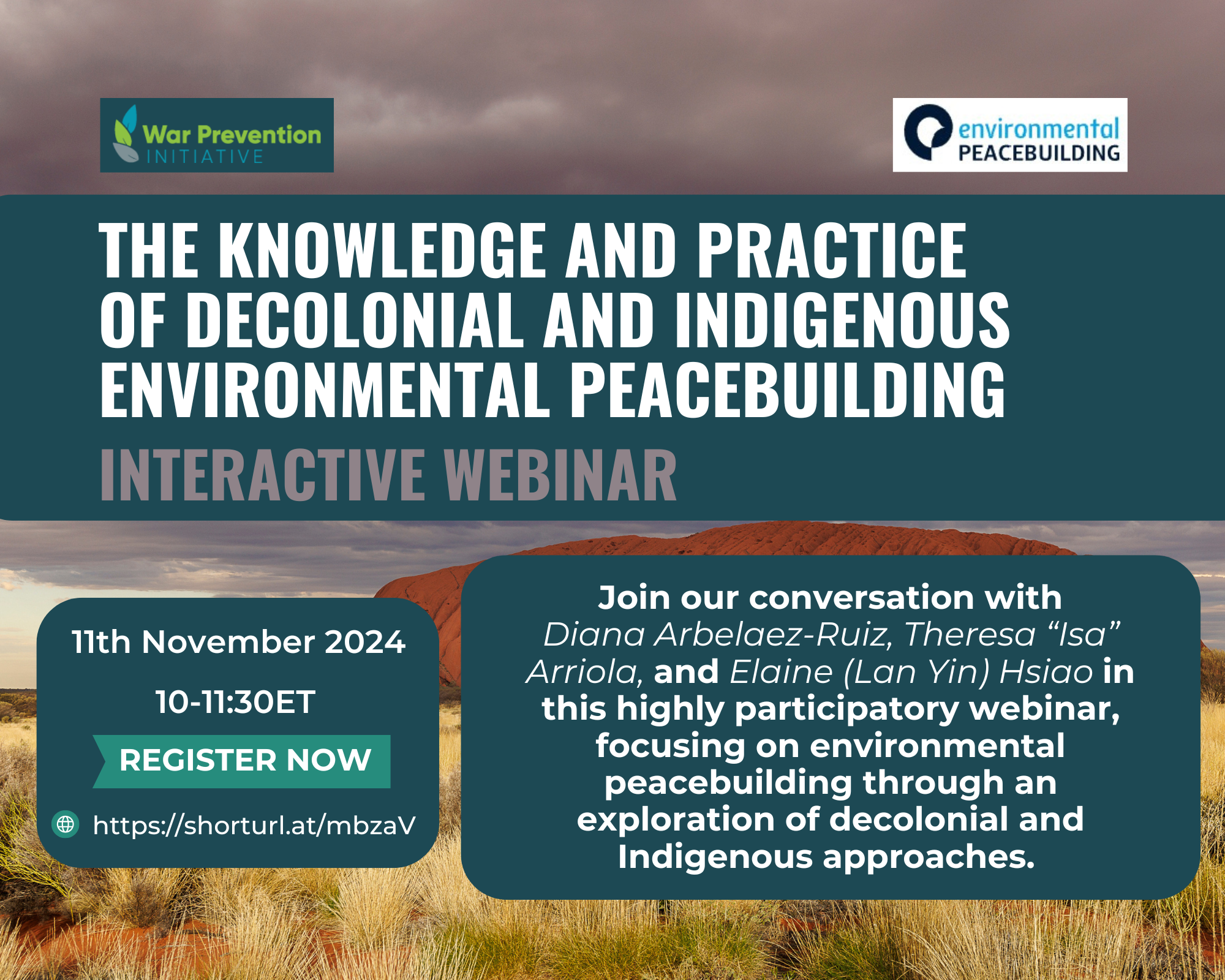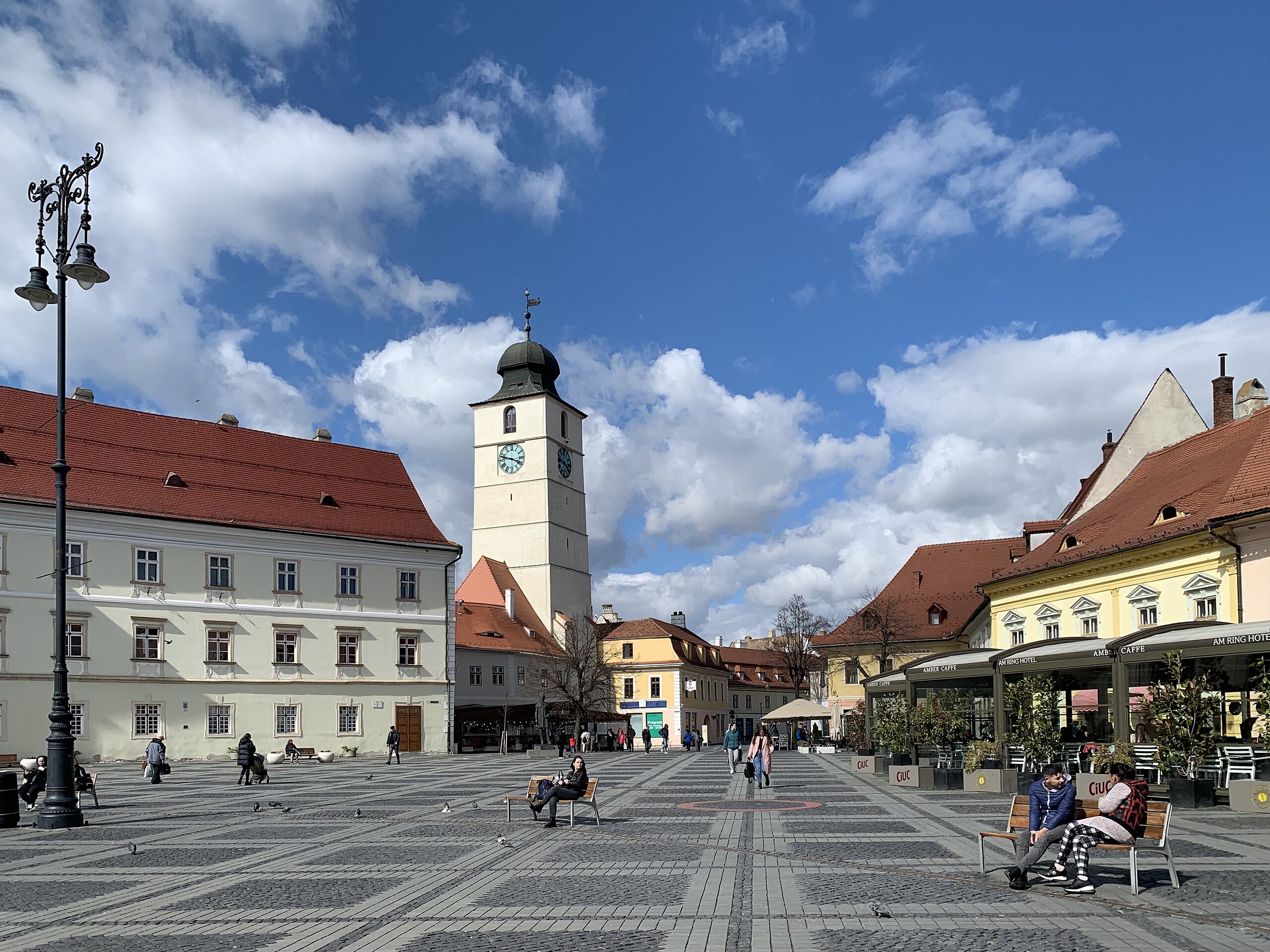
Special Issue: Election Violence
In partnership with Search for Common Ground We are days away from the 2024 U.S. presidential election. The United States faces a real threat of election violence—defined by research featured in this special issue as “coercive force, directed towards electoral actors and/or objects, that occurs in the context of electoral … Read more

Lessons from Practice: What Can Prevent Election Violence?
We have thus far extensively reviewed the drivers and wider effects of election violence with a special focus on how it’s experienced in the U.S. A deep understanding of the research on election violence highlights possible prevention and mitigation strategies. For instance, understanding that toxic polarization is characterized by the … Read more

What Are the Wider Effects of Election Violence?
Much of the existing research on election violence focuses on what causes it and what it entails. Physical attacks, threats, and harassment are forms of violence widely described in examples of election violence. Feminist scholars suggest that there is an undercounting of psychological forms of election violence (the form of … Read more

What Drives Election Violence?
In the wake of violence, a few common questions tend to dominate public discourse: Why did this happen? What caused this? These are worthwhile questions that we will address below in this review of the drivers of election violence and other forms of political violence, with a particular focus on … Read more

The Effects of Political Polarization on Political Violence in the U.S. and Other Democracies
This analysis summarizes and reflects on the following research: Citation: Piazza, J. A. (2023). Political polarization and political violence. Security Studies, 32(3), 476-504. https://doi.org/10.1080/09636412.2023.2225780 Talking Points Political polarization makes support for and the occurrence of political violence more likely. In the U.S., Republicans and Democrats who exhibit higher levels of … Read more

Support for Political Violence in the United States
This analysis summarizes and reflects on the following research: Armaly, M. T., & Enders, A. M. (2024). Who supports political violence? Perspectives on Politics, 22(2), 427-444. doi:10.1017/S1537592722001086 Talking Points Among a surveyed U.S. public: People who feel like victims (“perceived victimhood”), have authoritarian or populist beliefs, strongly identify with being white, … Read more
Forward from Search for Common Ground
Voters across the United States will go to the polls on November 5th to vote for their 47th President, a new Congress, and thousands of important officials and ballot measures at the state and local levels. The Presidential election is forecasted to be close, and the run-up has been marked … Read more

Event Summary: The Knowledge and Practice of Decolonial and Indigenous Environmental Peacebuilding
Event date: November 11, 2024 Hosted by War Prevention Initiative and the Environmental Peacebuilding Association In 2024, the War Prevention Initiative and the Environmental Peacebuilding Association released a Peace Science Digest Special Issue on Decolonial and Indigenous Approaches to Environmental Peacebuilding. This event was designed as a highly participatory, … Read more

Campaign Finance Reform: A Pathway to Peaceful Elections
by Padmini Das This essay was selected for publication as part of the War Prevention Initiative’s Essay Un-contest on Peaceful Elections. In any functioning democracy, elections are not just a mechanism for selecting leaders; they are also a crucial process for legitimizing governance and ensuring political stability. However, the integrity of … Read more

Votes, Voices, and the Far Right
by Irina Militaru This essay was selected for publication as part of the War Prevention Initiative’s Essay Un-contest on Peaceful Elections. It’s scorching hot, and I’m in a field in the middle of nowhere (i.e., the industrial zone of Frankfurt, couched between two factories and the highway), triple-checking if … Read more

Standing United in Wisconsin: Promoting Peaceful Elections in a Contested State
by Lisa Inks and Eli Kelling (with Urban Rural Action) with photographs by John Noltner This essay was selected for publication as part of the War Prevention Initiative’s Essay Un-contest on Peaceful Elections. Southeast Wisconsin not only sits at the epicenter in a swing state of what will be a … Read more
